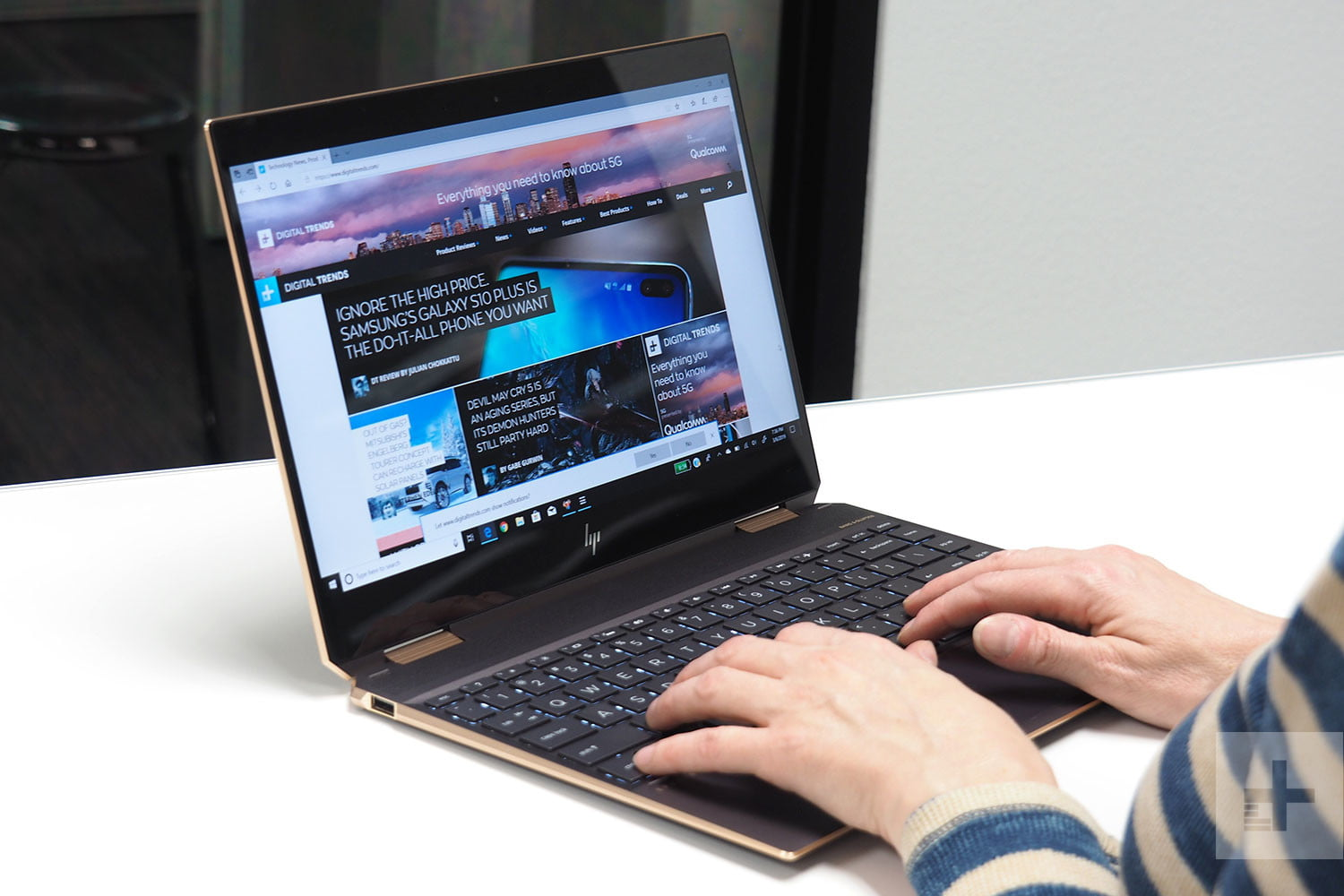How HP is Bringing a Bigger Focus to Security

Introduction
Security doesn’t sell. When most people walk into a Best Buy looking for their new laptop, they aren’t looking at the security features offered; instead, they look at the obvious: specs, performance, aesthetics, etc.
Because of this lack of focus, many tech companies prefer to worry about the attractive features of their devices – not the security features. Slightly disappointing, but what can you do?
However, HP is pushing for a bigger focus on security with its new Spectre laptop, the Spectre x360 13. While many improvements have been made to the Spectre 13 regarding the specs and display, the added security features provide, in my opinion, more than what a simple CPU or GPU upgrade could.
By now, you’re probably wondering what these security upgrades are and why they’re so important. Allow me to give you a brief overview of the new security features and why they’re so important.
The New Security Upgrades
Let’s start with what is arguably the biggest source of paranoia in any laptop: the webcam.
Many cover their webcams with either DIY covers or with built-in webcam covers, but the new Spectre incorporates what HP calls their “Kill-Switch” – a button dedicated to turning the webcam on or off.
Being able to actually turn off the webcam at the hardware level helps alleviate any paranoia one may have and I don’t know why more laptops don’t have a similar feature. Another feature more laptops should incorporate? A mute button.
No, not a mute button for the speakers, but for the internal microphone. The new Spectre 13 enlists a mute button for the microphone, allowing you to keep the microphone disabled whenever you’re not using it. Maybe not as impressive as an on/off button, but I’ll take what I can get.
One thing no one will be able to get, though, is the optional, built-in privacy screen for the new Spectre; while HP will sell the Spectre 13 with one (for an optional fee), it won’t be available for purchase until January 2020 – a whopping three months from now. Why? Who knows? I’m just reading it from the press release.
To make up for this unfortunate disappointment, HP announced their new partnership with ExpressVPN. ExpressVPN, one of the more reputable VPNs available, is coming preinstalled on every new Spectre 13. Furthermore, they will give out a free 30-day trial to every new user, allowing them to test the Windows version of the VPN before they decide whether to get onboard with the paid plan.While this one may not sound as important as the other new features, trust me when I say it’s a pretty big deal. Most of the time, laptops are sold with anti-virus programs, which are useless for most, since Windows Defender repels 99% of viruses. But VPNs? VPNs allow laptop users to stay secure wherever they are, thanks to the data encryption VPNs provide.
With HP marketing a VPN with its (extremely) popular laptop series, more users will be inclined to use it, meaning people who weren’t even aware of the existence of VPNs will use one. If enough users start worrying more about their security, other tech companies will start focusing on security. Win-win situation, am I right?
Conclusion
Many users as of now don’t care much for security features, as they aren’t as obvious as performance/aesthetic improvements. When you think about it, security improvements are similar to an I.T. department – extremely useful, but if everything is running smoothly, no one is aware of its existence.
However, with HP bringing many security improvements to their new Spectre laptop, it’s possible that other tech companies will follow in their footsteps, improving on the security of their devices and, if warranted, partnering with cybersecurity companies in order to spread awareness about security solutions.
The tech industry has been slacking when it comes to security, so it’s about time that security became a prime focus. HP’s newfound focus is only a foreshadowing of what’s to come, which I’m more than happy with.
Guest post by TechWarn.com.
